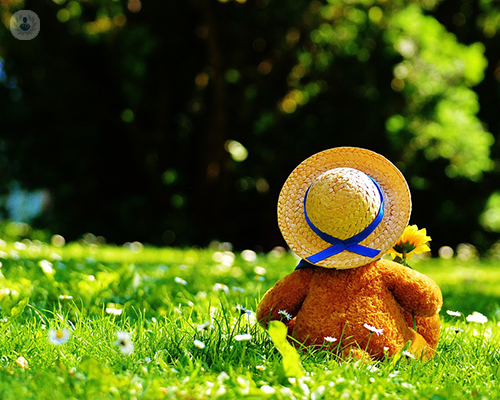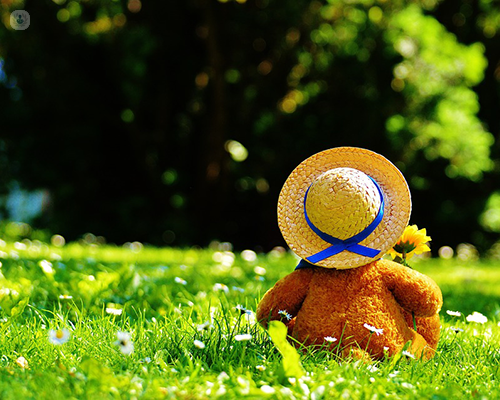
What are the most common childhood psychological disorders?
According to the World Health Organisation (WHO), between 10 and 20% of young children suffer from some kind of psychological disorder.

• Children between the ages of 0 and 5 have a higher incidence of behavioural disorders and developmental and language delays.
• Between 6 and 11 years old, behavioural disorders and learning disorders are most common. This age range is when disorders such as ADHD and Dyslexia are usually diagnosed.
• Behavioural disorders, along with anxiety and mood disorders (depression) are more common between the ages of 12 and 18.
• There is a greater incidence in boys of behavioural disorders, and anxiety in girls at any age.
How can parents find out if their children have any of these disorders?
One of the main reasons why children are not diagnosed promptly when they have a psychological disorder is because parents tend to confuse "the first signs of psychological problems with the evolution of child behaviour" and assume that certain behaviours are normal. Sometimes unruly behaviour at school could be the sign of ADHD, or the typical adolescent blues could actually be the symptom of depression.
What is an alarm signal?
An alarm signal is a sign, symptom or manifestation of certain behaviours or types of behaviour that appear at a certain age, and may indicate a possible psychological disorder (such as anxiety, dyslexia, ADHD, or depression).
Can mental health problems be prevented?
Being able to treat a mental health problem when it begins to give warning signals in an early stage of development, enables, in most cases, an early and better therapeutic response. Prevention, i.e. anticipation, is basic in childhood and adolescent mental health. The first thing parents should do is go to their paediatrician who will be able to make an assessment and make a referral to a specialist if necessary.
What are the best treatments available for mental health problems?
Treatment for child mental health problems depends on each individual case. A child with ADHD may be prescribed certain medications and recommended lifestyle changes, whilst a child with depression may be given mood stabilisers. If you think your child’s behaviour may be something more than just learning their way in the world, get in touch with a specialist to make a proper diagnosis and find out if they have a mental health problem.

